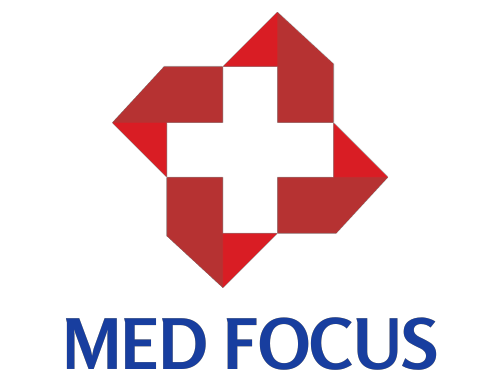Introduction:
The journey to becoming a doctor begins long before stepping into a clinic or hospital. It starts with a solid understanding of the basic sciences during preclinical studies. Subjects like anatomy, physiology, biochemistry, and pathology lay the groundwork for everything you will encounter in your medical career. In this blog, we’ll explore why mastering these basic sciences is crucial and how they serve as the foundation of your medical knowledge, ensuring that you are well-prepared for the clinical challenges ahead.
1. Building a Strong Knowledge Base: The Role of Basic Sciences
Basic sciences provide the essential knowledge that underpins all medical practice. Understanding the structure and function of the human body, the chemical processes that sustain life, and the mechanisms of disease is vital for diagnosing and treating patients effectively. For example, knowing how the cardiovascular system works is fundamental to understanding heart disease. Without a solid grasp of these basics, medical students might struggle to apply clinical skills accurately.
2. Connecting Theory with Practice: Translating Basic Science into Clinical Application
The concepts learned in basic science courses are directly applicable to clinical practice. For instance, the principles of pharmacology learned in preclinical years help you understand how medications affect the body, which is critical when prescribing treatments. By mastering the basics, you can better understand the "why" behind clinical decisions, making you a more competent and confident practitioner.
3. Enhancing Diagnostic Skills: The Importance of Pathology and Physiology
A deep understanding of pathology and physiology allows you to recognize the signs and symptoms of disease more accurately. When you know what normal physiology looks like, it’s easier to spot abnormalities and diagnose conditions. This ability to connect symptoms with underlying biological processes is what makes a good diagnostician, and it all starts with the basics.
4. Preparing for Clinical Rotations: The Transition from Preclinical to Clinical Years
Your basic science knowledge becomes even more critical when you transition to clinical rotations. The cases you encounter during rotations will require you to apply what you've learned about the human body and disease processes. The stronger your foundation, the easier it will be to make connections, ask the right questions, and provide high-quality patient care.
5. Long-Term Retention and Success in Exams: Why Revisiting Basic Sciences Matters
The knowledge you gain in your preclinical years isn’t just for passing exams; it’s for your entire medical career. Regularly revisiting and reinforcing basic science concepts will help you retain this critical information, making it easier to recall during exams like the USMLE and in your daily practice. Our study notes are designed to help you keep this knowledge fresh, ensuring long-term success.
Conclusion:
Basic sciences are not just a hurdle to get through—they are the foundation of your entire medical career. By thoroughly understanding these subjects, you set yourself up for success in clinical rotations, exams, and ultimately, patient care. Remember, every diagnosis, every treatment plan, and every patient interaction is rooted in the knowledge you build during your preclinical years. Make the most of this time, and you’ll find that the basics are far from basic—they are essential.
Kindly visit themedfocus.com for additional advice and recommendations about attending medical school. If you're seeking a trustworthy internet source, please check out the whole medical school package at the URL below.
https://themedfocus.com/products/the-complete-med-school-bundle

FAQs:
1. How can mastering basic sciences benefit me during clinical rotations? Mastering basic sciences equips you with the knowledge needed to understand the underlying mechanisms of disease and treatment. This understanding will make it easier for you to diagnose conditions, understand treatment plans, and make informed clinical decisions during rotations.
2. What resources do you offer to help me with basic sciences? We offer comprehensive study notes tailored specifically for medical students. These notes cover all major basic science subjects and are designed to help you retain critical information for exams and clinical practice. Our app, available for free on both Android and Apple stores, provides instant access to these resources, making it easier for you to study anytime, anywhere.
